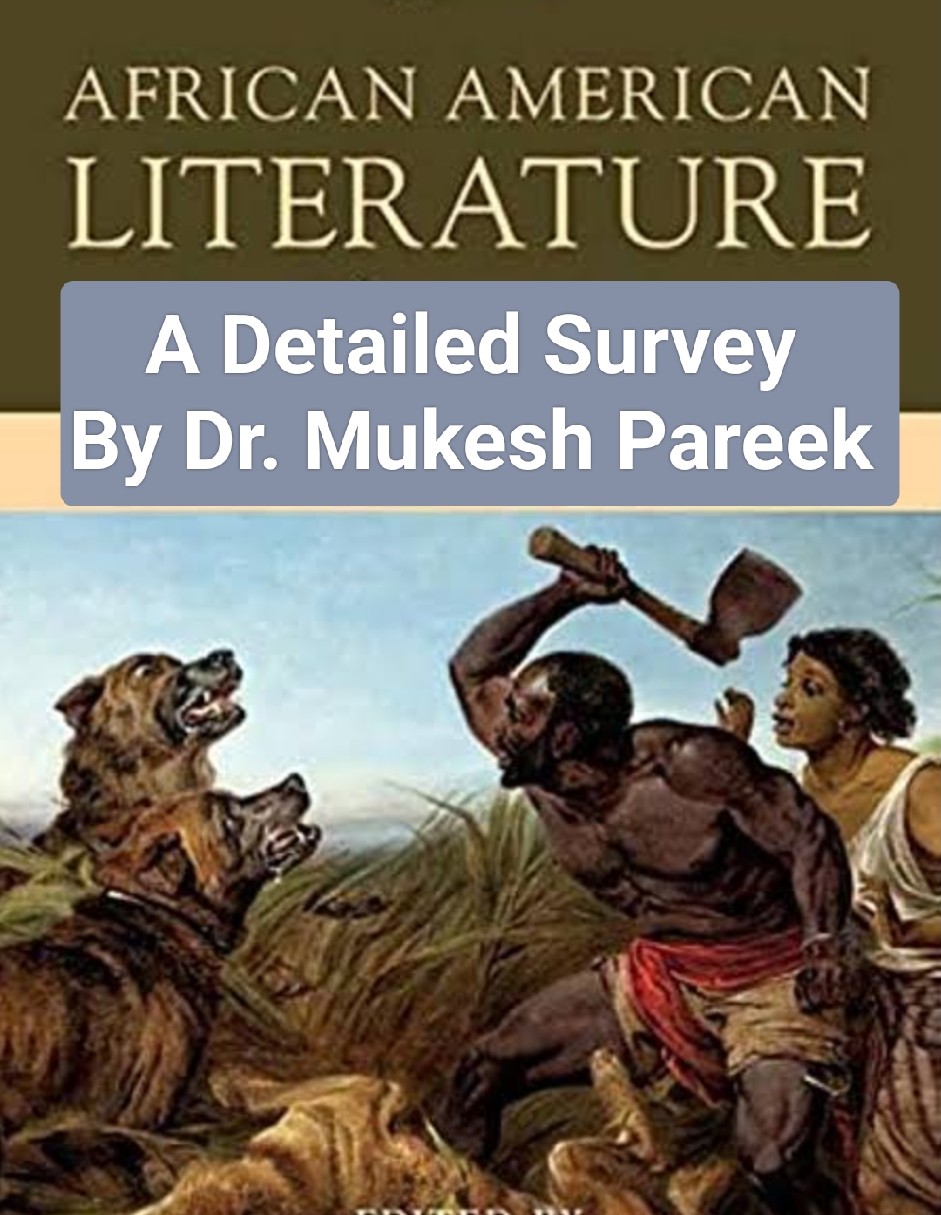Short Note on Modernism and its Literature.
Notes:
- The roots of modern literature are in the late nineteenth century.
- The war produced major shifts in attitudes towards Western myths of progress and civilization.
- The twentieth century witnessed the emergence of internationally acclaimed voices from the former imperial dominions.
- The years leading up to World War I saw the start of a poetic revolution.
- By the end of the century modernism had given way to the striking pluralism of postmodernism and postcolonialism.
- Samuel Beckett played a leading role in the anglophone absorption of modernist experiment in drama.
Summaries
The roots of modern literature are in the late nineteenth century. Rejecting Victorian notions of the artist’s moral duty, the aesthetic movement widened the bread between writers and the general public. The “alienation” of the artist underlies key works of modernism. The last decades of Victoria’s reign also saw the emergence of a mass literate population. Modernity disrupted the old order, casting into doubt previously stable assumptions about the self, community, and the divine. Freud’s psychoanalysis changed understandings of rationality and personal development. As the influence of organized religion weakened, many writers looked to literature as an alternative.
As terms applied to cultural history, Edwardian (1901-1910) suggestsa period marked by intellectual change but social continuity with Victorian times, while Georgian refers to the lull before the storm of World War I. The war produced major shifts in attitudes towards Western myths of progress and civilization. The 1930s in Britain were called the red decade, for the only solution to economic dislocation seemed to lie in socialism or communism. Victory in World War II was accompanied by diminution in British political power. In the 1980s, Margaret Thatcher’s conservative policies widened the gap between rich and poor and between the constituent parts of the United Kingdom. Under Tony Blair, elected in 1997, Scotland and Wales were empowered to elect their own legislative bodies.
In 1914, nearly a quarter of the earth’s surface and more than a quarter of its population were under British dominion. Following victory in the Second World War, Britain lost its empire. The twentieth century witnessed the emergence of internationally acclaimed voices from the former imperial dominions. Migrants to Britain from the Commonwealth brought distinctive vernaculars and cultural identities with them, prompting a large-scale and ongoing rethinking of national identity. In the 1970s and 1980s a younger generation of black and Asian British writers emerged, including Salman Rushdie, Hanif Kureishi and John Agard.
The years leading up to World War I saw the start of a poetic revolution. The imagist movement arose in reaction against Romantic fuzziness and emotionalism in poetry. A new critical movement went hand in hand with the new poetry, and T. S. Eliot was high priest of both. Poets looked back to the Metaphysical poets of the seventeenth century and produced work of much greater intellectual complexity than the Victorians. In the 1950s, poets such as Philip Larkin and Thom Gunn were members of “the Movement,” which emphasized purity of diction and a neutral tone. Leading poets at the close of the century were the Irishman Seamus Heaney and the West Indian Derek Walcott, both of whom combine elements of the English literary tradition with the rhythms of their native lands.
The twentieth-century novel experienced three major movements. High modernism, lasting through the 1920s, celebrated personal and textual inwardness, complexity, and difficulties. High modernists like Woolf and Joyce wrote in the wake of the shattering of confidence in old certainties. The 1930s through the 1950s saw a return to social realism and moralism as a reaction against modernism. Writers like Murdoch and Golding were consciously retrospective in their investment in moral form. By the end of the century modernism had given way to the striking pluralism of postmodernism and postcolonialism.
Although there were major innovations in Continental drama in the first half of the twentieth century, in Britain the impact of these innovations was delayed by a conservative theater establishment until the late 1950s and 1960s. Samuel Beckett played a leading role in the anglophone absorption of modernist experiment in drama. In the shadow of the mass death of World War II, Beckett’s absurdist intimation of an existential darkness without redemption gave impetus to a seismic shift in British drama. The Theatres Act of 1968 abolished the power of censorship that had rested in the Lord Chamberlain’s Office. Wole Soyinka and Derek Walcott, two eminent poets from Britain’s former dominions, helped breathe new life and diversity into English drama.

Comments
Post a Comment